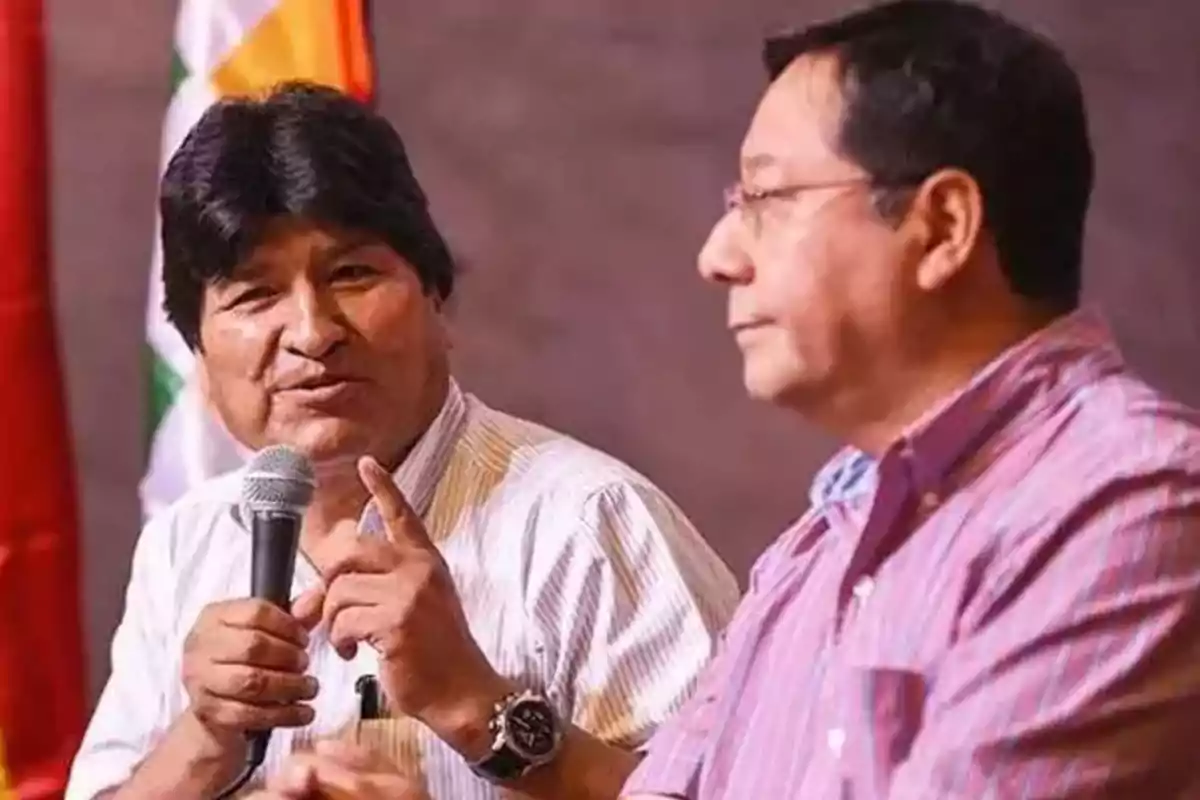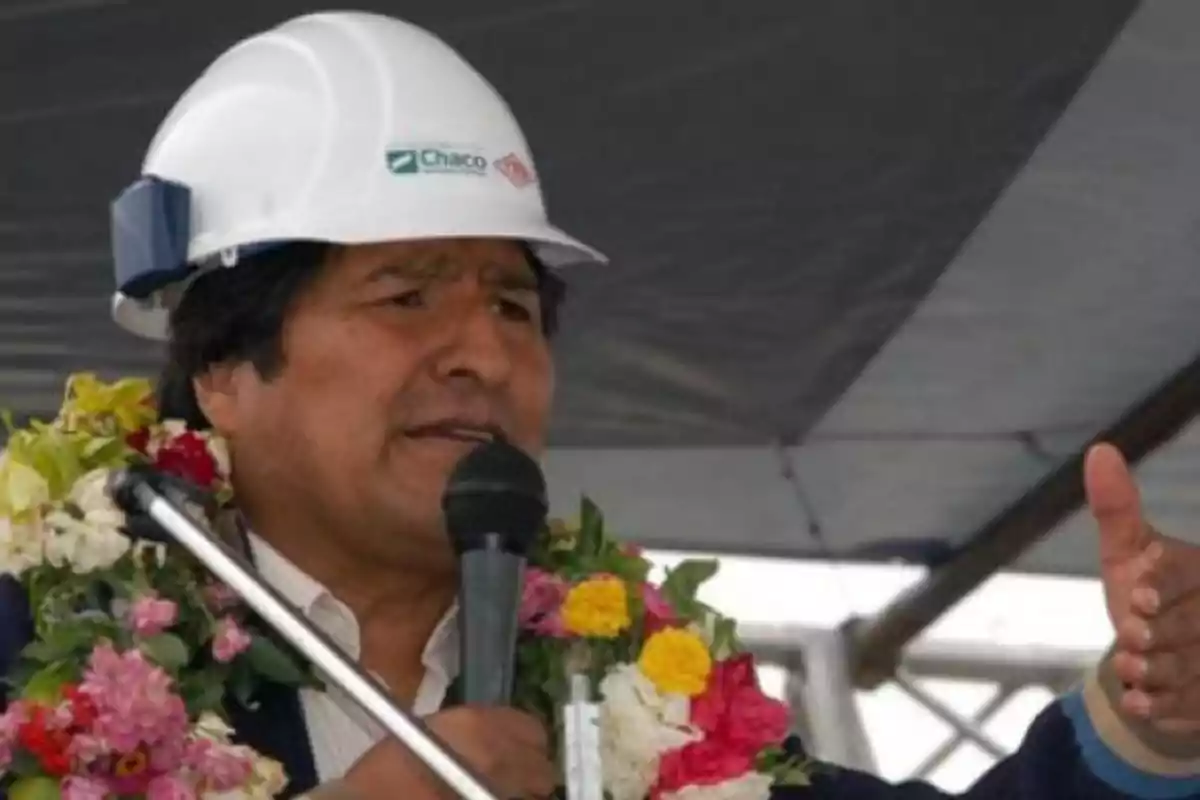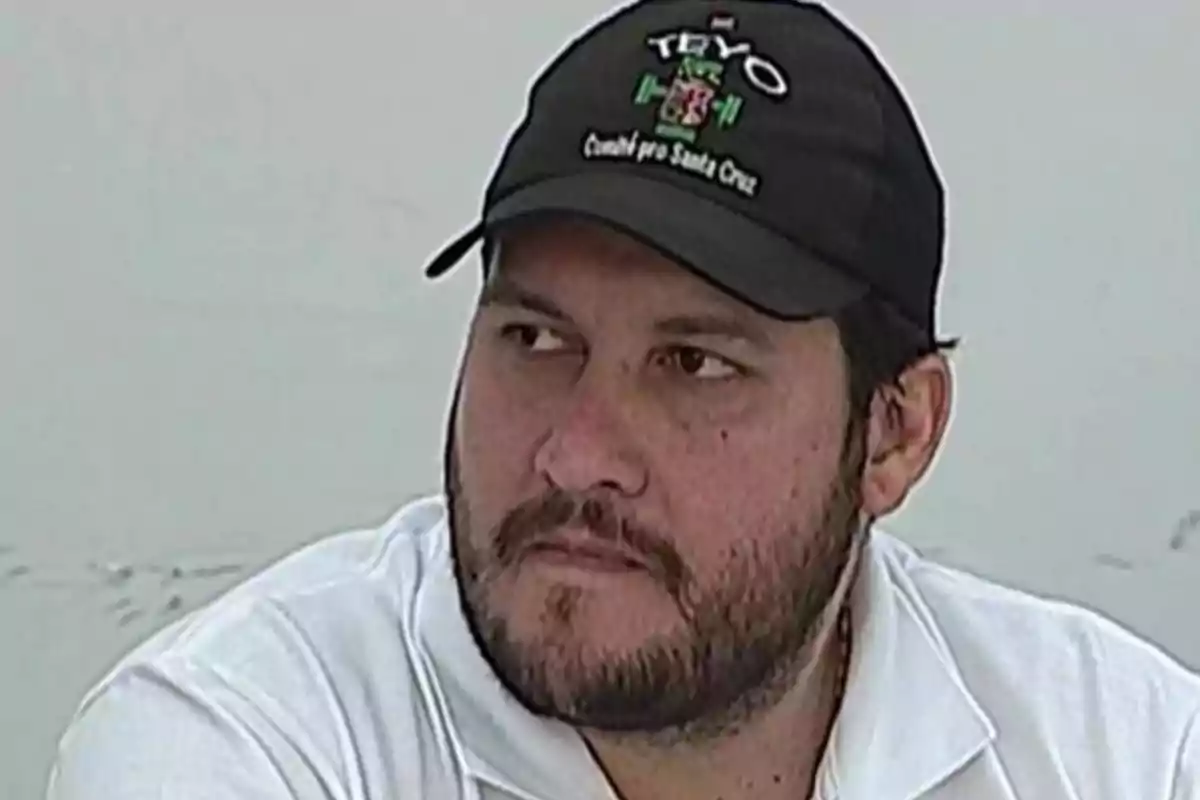
Evo Morales criticized Luis Arce for not accepting that together they destroyed the economy.
The former dictator revealed that Luis Arce also intervened in YPFB since 2013 and was aware of the mismanagement of the state-owned company
Masistas Evo Morales and Luis Arce continue to be at odds, now with mutual accusations about the economic crisis in the country. Morales, on his social media, stated that Arce "doesn't have the moral and political courage to take responsibility" for the current situation in the country. He emphasized that the current president repeats the right-wing discourse and accused him of being part of "the neoliberals, imperialists, colonials, and sellouts."
Arce, at a meeting with the "Bartolina Sisa" peasant women, insisted that the economic crisis is due to the lack of foresight during Morales's government. "The nationalization wasn't taken care of, and that was the problem we started to face as a country from 2016," he explained. He also clarified: "I was the Minister of Economy, not of Hydrocarbons."
Morales refuted this statement by assuring that Arce was aware of the gas and oil situation. He revealed that, in 2008, he appointed Marcelo Montenegro as a board member of YPFB on Arce's recommendation. "If his delegate was at YPFB, then he knew perfectly well what was happening," declared the former president.
According to Morales, in June 2013, Arce assumed the position of Director of YPFB Transporte, which would prove that he had direct information about the hydrocarbons industry. "These documents are proof that Luis Arce knew the situation and never raised any concerns," added Morales.
The Ministry of Economy replied to Morales's statements through a communiqué. "The crisis in hydrocarbon exploration began after the death of Carlos Villegas, when YPFB lost its direction," the document states. They also indicated that energy policy was the exclusive competence of the Ministry of Hydrocarbons.
Are both masistas trying to point out who is more to blame?

The debate intensified with criticism from opposition sectors, who blame both Morales and Arce for the current situation. The false opponent Jorge Tuto Quiroga called Morales "cynical" and pointed to him as the main responsible for the crisis. "70% of the debt was incurred during his three terms, the rest during the current government," he denounced.
Quiroga also pointed out that Morales squandered gas resources without investing in exploration. "He criticizes the lack of fuel when he squandered almost all the gas without replenishing reserves," he asserted. Additionally, he blamed him for the shortage of dollars and the growing inflation, attributed to the fiscal deficit financed by the Central Bank of Bolivia.
Meanwhile, Stello Cochamanidis, president of the Comité pro Santa Cruz, joined the criticism. "The correct name for the president is Pilato Arce because all he does is wash his hands," he declared. He also accused him of lying to the people and not solving the fuel and dollar shortages.
The internal conflicts within the Movement for Socialism (MAS) have been exposed with these accusations. While Morales maintains that his government guaranteed economic stability, Arce tries to distance himself from the failures of the model he himself helped build. The struggle between the two threatens to further fracture the party.

The country faces a crisis marked by the fuel shortage, the lack of dollars, and growing inflation. From the government, they defend themselves by arguing that they have resumed planning in hydrocarbons and that the crisis is inherited. From the opposition, they insist that the economic model implemented by Morales and continued by Arce is responsible for the collapse.
Protests in the country have also intensified, in Santa Cruz, a march against the government was announced demanding solutions to the crisis. "We are not going to keep enduring this individual's lies," declared Cochamanidis, referring to Arce. Social pressure could increase the wear and tear on the ruling party.
This exchange of accusations between Evo Morales and Luis Arce reveals a cynical strategy by both to evade their responsibility in the economic crisis. Both governed by concentrating power, persecuted opponents, and controlled institutions to their convenience, but now they present themselves as victims of each other's decisions. Morales, who governed with a caudillo style, and Arce, has followed his same line of imposition and censorship, trying to distance themselves from the disaster they jointly caused.
More posts: